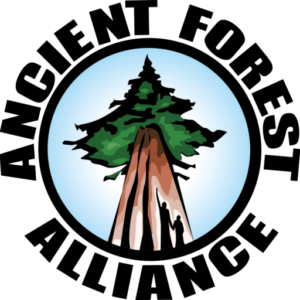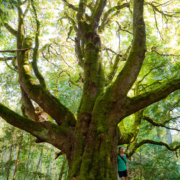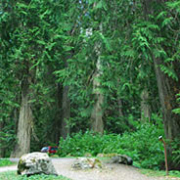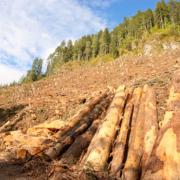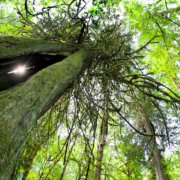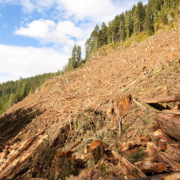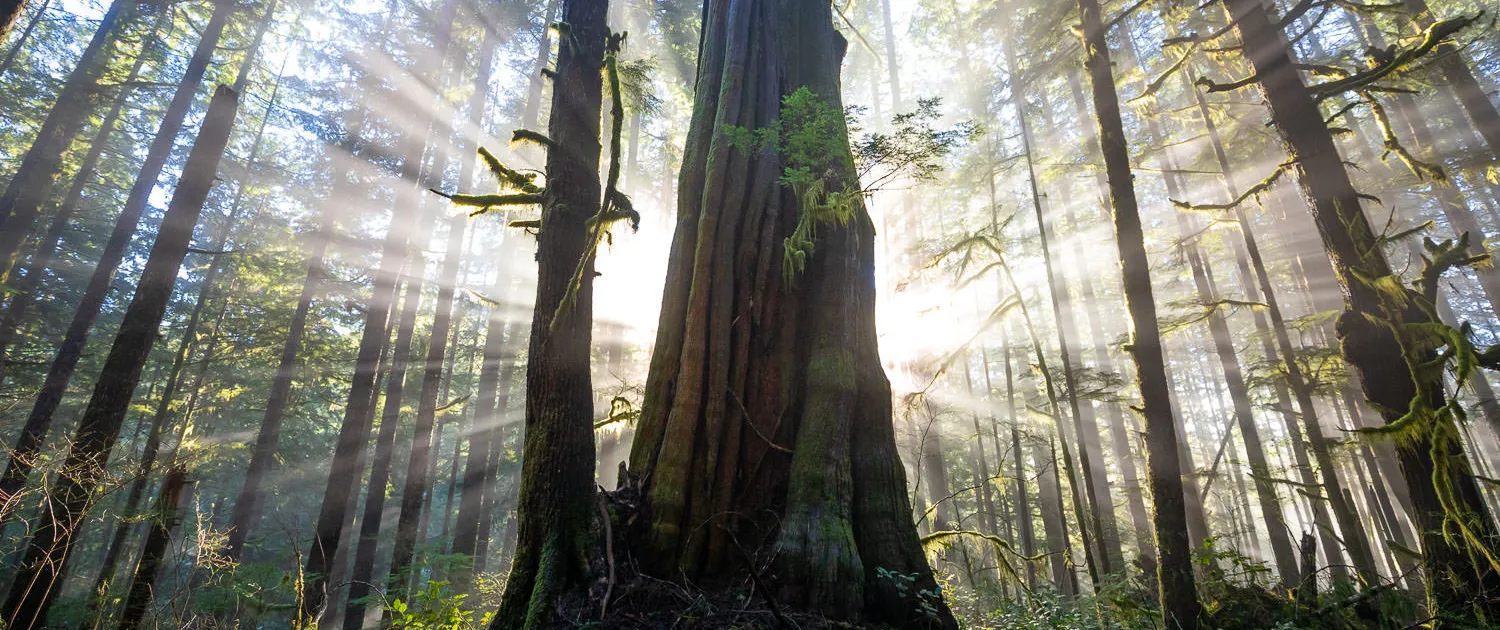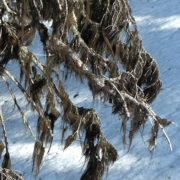Sat. Aug 27: Nature Walk and Fundraiser at GREATER VICTORIA’S FINEST ANCIENT FOREST
Nature Walk and Fundraiser with Victoria Natural History Society president Darren Copley and Royal BC Museum curator and entomologist Claudia Copley, and with the Ancient Forest Alliance’s Ken Wu and TJ Watt through the Spectacular ROYAL ROADS ANCIENT FOREST
Date: SATURDAY, AUGUST 27
Time: 1:00-3:00 pm
Donation Range: $15 to $100
Difficulty Level: EASY-MODERATE
Dogs must be leashed at all times.
Did you know that one of the most spectacular old-growth forests on Earth is at Royal Roads University by Victoria? We often seek grandeur far away from where we live – but the ancient forests of Royal Roads are among the most magnificent in existence, one of the largest tracts left within the extremely endangered Coastal Douglas Fir ecosystem (only 1% of this ecosystem remains as old-growth). Surprisingly, while many people have visited the Hatley Castle (where X-Men was filmed) few people have actually hiked through the incredible ancient forests around the university.
Join president of the Victoria Natural History Society Darren Copley (and former Goldstream Nature Centre chief interpreter) and Royal BC Museum curator, entomologist and naturalist Claudia Copley to learn about the tremendous diversity of plants, birds, trees, amphibians, reptiles, mammals, insects, and other creatures living in this incredible ancient forest. The Ancient Forest Alliance’s Ken Wu and TJ Watt will speak about the Ancient Forest Alliance’s campaign to protect the remaining endangered forests in BC.
We will walk through spectacular ancient redcedars, grand firs and Douglas firs, including visiting the 2nd largest Douglas fir tree in Greater Victoria (10 feet wide!), see some mind-blowing huge bigleaf maples and an enormous forked yew tree, and be done by 3:00 pm. You will not be disappointed!
***This event is a fundraiser for the Ancient Forest Alliance which is in need of funding to continue its vital campaigns to protect BC’s ancient forests and forestry jobs. Bring friends and family!
If possible, please email us at info@16.52.162.165 so we can get a sense of our numbers.
